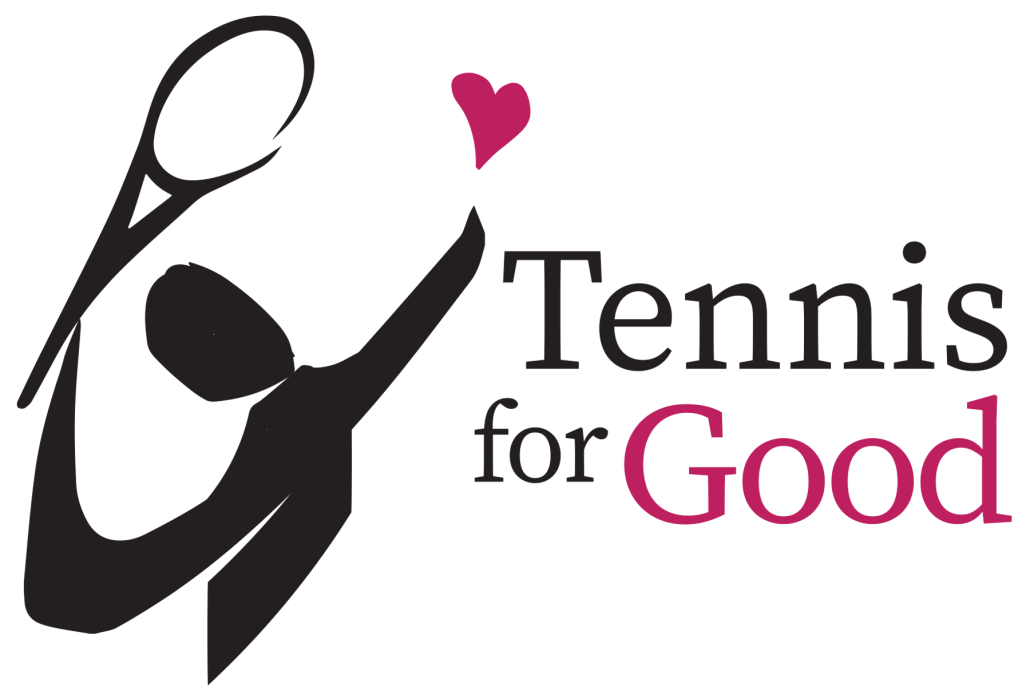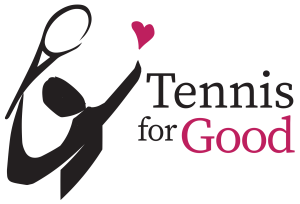 When I was sixteen years old, I played a fourteen-year-old named Harold Solomon. You may recognize the name. He’s the semi-famous moonballer who got to number five in the world. He was just a kid then, as I was, and he was newly back to the Washington, DC area from full-time tennis immersion in Florida, where he was reputed to have improved enormously. I played him evenly for two sets. Then he attacked my forehand, which was my power shot, and won the deciding set 6-1.
When I was sixteen years old, I played a fourteen-year-old named Harold Solomon. You may recognize the name. He’s the semi-famous moonballer who got to number five in the world. He was just a kid then, as I was, and he was newly back to the Washington, DC area from full-time tennis immersion in Florida, where he was reputed to have improved enormously. I played him evenly for two sets. Then he attacked my forehand, which was my power shot, and won the deciding set 6-1.
I seem to recall Harold telling someone afterward: “I went after his forehand because a person’s game will crumble if you go after their strength.”
Welcome to my topic: Your strength is your weakness.
This maxim applies to your mental game, too.
Here are two examples from out of my own experience — and psyche.
Like most people, I’m gifted in some ways and, er, not so gifted in others. Just ask my wife about my ability to misplace things! But one thing I am blessed with is an active ‘empathetic imagination,’ the term I use to describe the capacity to imagine your way into another person’s head.
Socially and creatively, this serves me well. On the tennis court, though, it translates into weak anticipation. When my opponent sets up to hit the ball, I tend to lead with my empathetic imagination and base my prediction on what for many reasons is a pretty stupid question: What would I do in their situation? Which ignores the obvious — I’m not them. And another obvious — there are way better ways to anticipate, like reading their body language and racket takeback.
My strength is my weakness.
Example #2: In a fascinating personality typology called the Enneagram, I fall into the personality type called “The Witness.” My default position is that of an observer. This has real strengths — I tend to keep a relatively even keel, and frankly, it has a lot to do with why I’m able to write these meditations, which require a lot of honest self-assessment.
On the court, though — Uh-oh.
Because I’m a witness, I tend to observe my shot to see how I did instead of keeping my feet active.
When I play doubles and the rally involves my opponent, I often pull up a chair, metaphorically speaking, and just watch.
I often think I’m doing something technically correct when in fact I’m only thinking it.
Again: My strength is my weakness.
It’s a problem we can work on. I’m better than I used to be at not letting my strengths get in my way on the tennis court. I doubt I’ll ever completely eliminate the problem because, in the immortal words of Popeye, I yam what I yam. Still, progress is a good thing, even if it falls short of perfect.
It’s all part of the grand dance of getting better.
What are your strengths on and off the court? In what way or ways are they also weaknesses?

